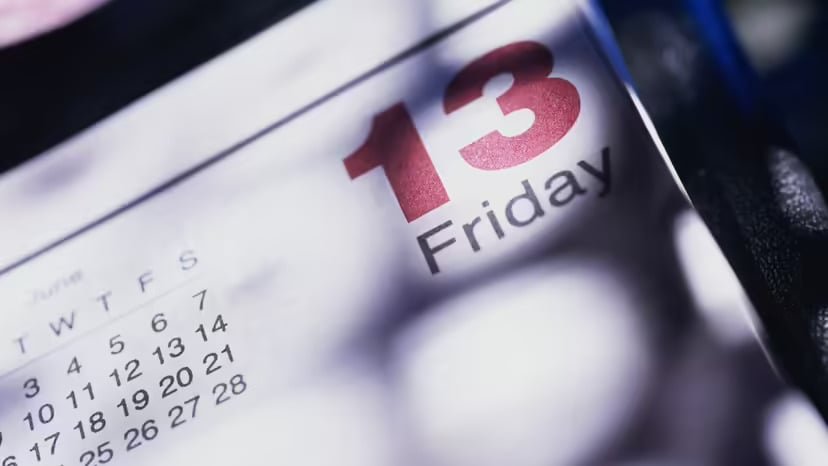Friday the 13th has arrived once again. Are you feeling fearful? Counting down the hours until the day is over? Well, what if I told you that there is a fascinating history behind Friday the 13th that might just change your perspective on this supposedly unlucky day?
If you find yourself filled with dread and superstition on Friday the 13th, you are certainly not alone. The fear and paranoia surrounding this infamous day have even led to the creation of a phobia known as friggatriskaidekaphobia (quite a mouthful, isn’t it?).
But where did this fear originate from? It turns out that the superstition surrounding Friday the 13th has been carefully crafted and passed down through generations to instill a sense of caution. Some people go to great lengths to avoid the number 13 altogether, all due to a medieval superstition that originated in the middle ages with a specific agenda in mind.
To move beyond this fear and reclaim Friday the 13th as a day of empowerment and knowledge, it’s essential to delve into the origins of the superstition surrounding this day.
### History Behind Friday The 13th
The fear of Friday the 13th is deeply rooted in religious, cultural, and historical events. Let’s explore some of the legends surrounding its origin:
#### 1. The Arrests of the Order of the Knights Templar
The source of this fear can be traced back to the arrests of the order of the Knights Templar. On October 13, 1307, King Philip IV of France ordered the mass arrest of the Knights Templar, a powerful and wealthy military order. The Knights Templar were accused of heresy and other crimes, leading to their downfall and the dissolution of the order.
#### 2. The Last Supper
Another legend ties the fear of Friday the 13th to the Last Supper, where Judas, considered the 13th guest at the table, betrayed Jesus. This event set the stage for Jesus’s crucifixion, which tradition holds occurred on a Friday.
#### 3. Norse Mythology
In Norse legend, a tale exists where Loki, the trickster god, caused chaos as the 13th guest at a feast, resulting in tragedy.
#### 4. Numerology
The number 13 is often viewed as disruptive and unlucky, in contrast to the completeness associated with the number 12.
#### 5. Pagan Traditions
In Paganism, the number 13 is considered sacred and powerful, symbolizing unity and balance in magical practice. However, organized religion villainized the number 13 to undermine Pagan beliefs and diminish the power of women.
After uncovering the history behind the superstition of Friday the 13th, it’s time to challenge the narrative and change the game. This ancient fear is just a story we have been fed, one that we must question and rewrite.
### Friday the 13th: A Self-Fulfilling Prophecy?
To overcome this inherited bias, we must first acknowledge our fear and understand how it influences us. By allowing fear to control our decisions, we miss out on opportunities and reinforce our belief in bad luck.
To counter this fear, we can embrace strategies such as mindfulness techniques, setting personal goals, and finding inspiration in stories of success on Friday the 13th.
### Rewrite the Story, Reclaim the Day
In conclusion, Friday the 13th is just another day, and its power lies in what we choose to believe. By understanding its history, acknowledging our fears, and responding differently, we can transform superstition into strength. Let’s make a pact with ourselves to see Friday the 13th as an opportunity to rewrite old beliefs, welcome new perspectives, and take control of our own narratives.

